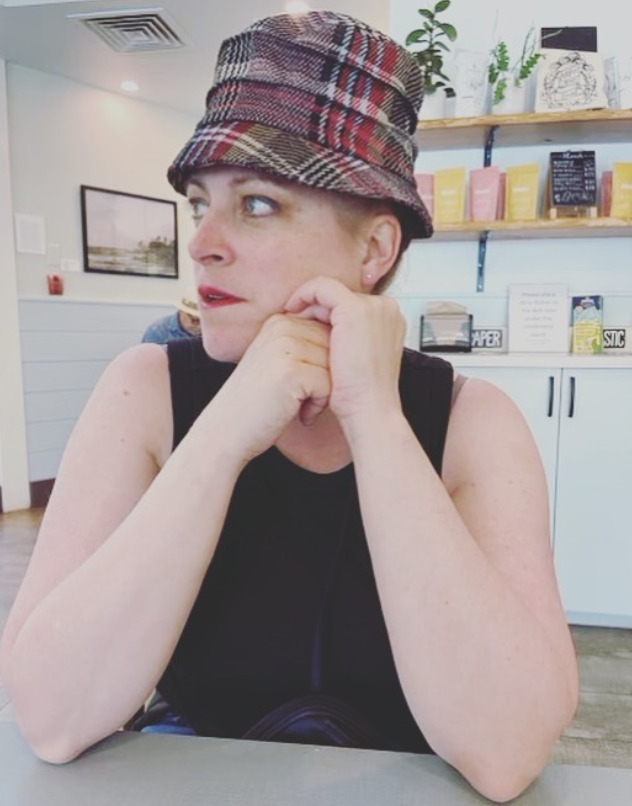Help! I Have to Teach Language Arts: A Language Arts Survival Mini-Course Part 6
If you need to catch up here are the links to the other lessons 1, 2, 3, 4 and 5.
Today’s Lesson: The English Language Arts Program of Studies is a Continuum
Here is a direct quote.
Language development is continuous and recursive throughout a student’s life. Students enhance their language abilities by using what they know in new and more complex contexts and with increasing sophistication.
This is important for differentiating in the classroom.
I believe all teachers should study the K-9 document and specifically look at the grade level that came before and the grade level that follows.
Of course, being a nerd, I enjoy looking at a skill across all the grades.
Why?
Because it provides a clear picture of what you can expect in that skill development.
It should be noted that specific outcomes are to be achieved by the END of that grade level.
For example: By the end of kindergarten, students should capitalize the first letter of their own name.
Capitalizing the first letter of their name is not an expectation upon the ENTRY of kindergarten but an achievable goal LEAVING kindergarten and heading into grade one..
Also, if a skill is not mentioned in the grade level you teach it is important to know if it has been taught so that you can reinforce it.
For our example today, let’s look at CAPITALIZATION found in Attention to Conventions (4.2)
I have taken the specific grade level outcomes and have placed them in a skills ladder.
In this way you can see the continuum as we go up the grade levels.
You will notice that capitalization is not directly referred to in grade 6. 7 or 9. That means that in grades 6, 7 and 9 a teacher would reinforce capitalization outcomes from previous grades.
Also, in grades 1-5 and grade 8 you can also do a quick review of skills taught in past grade levels and add the current grade level expectation.
For example:
In grade three,
I can capitalize the first letter of my name, other people’s names, the pronoun “I”, the beginning of sentences and the titles of books and stories.
Makes sense…right?
This is not to say that you would not teach capitalization outcome from higher grades to younger grades. A teacher can always teach what the student is ready for but when it comes to assessment and reporting stick to the grade level outcomes.
Therefore, use the program of studies to discover what students should already know entering your grade level, if they don’t know certain “expected” skills, by going down grade levels you will know where to begin teaching that skill and begin moving them back up to grade level expectations.
Let me give you an example of that.
Here are specific outcomes that support retell and summarizing.
Check it out!
Similar to the capitalization example, retell and summarizing skills follow a continuum.
Imagine that you are teaching grade 3 and you have a class with a range of abilities from below level, at level and above level.
Using the specific outcome from grade 3 as the whole group lesson, the teacher can use the other specific outcomes from the other grade levels to support the creation of small groups or individual conferencing.
These groups can be designed for enrichment or intervention.
The goal is for all students to be at level with their retelling/summarizing, so it is likely that this grouping process would need to be repeated until all students were near or around grade level specific outcomes.
This marks the end of today’s lesson.
I know.
You want me to keep going.
But I want you to digest today’s learning.
Know that The English Language Arts Program of Studies is a Continuum
Look at your grade level: What skills would benefit from the creation of a skills ladder?
Trust me…everything else makes sense if you know the program of studies is a continuum.
Until Next Time,
Coach Brandi!
Oh no...This form doesn't exist. Head back to the manage forms page and select a different form.



